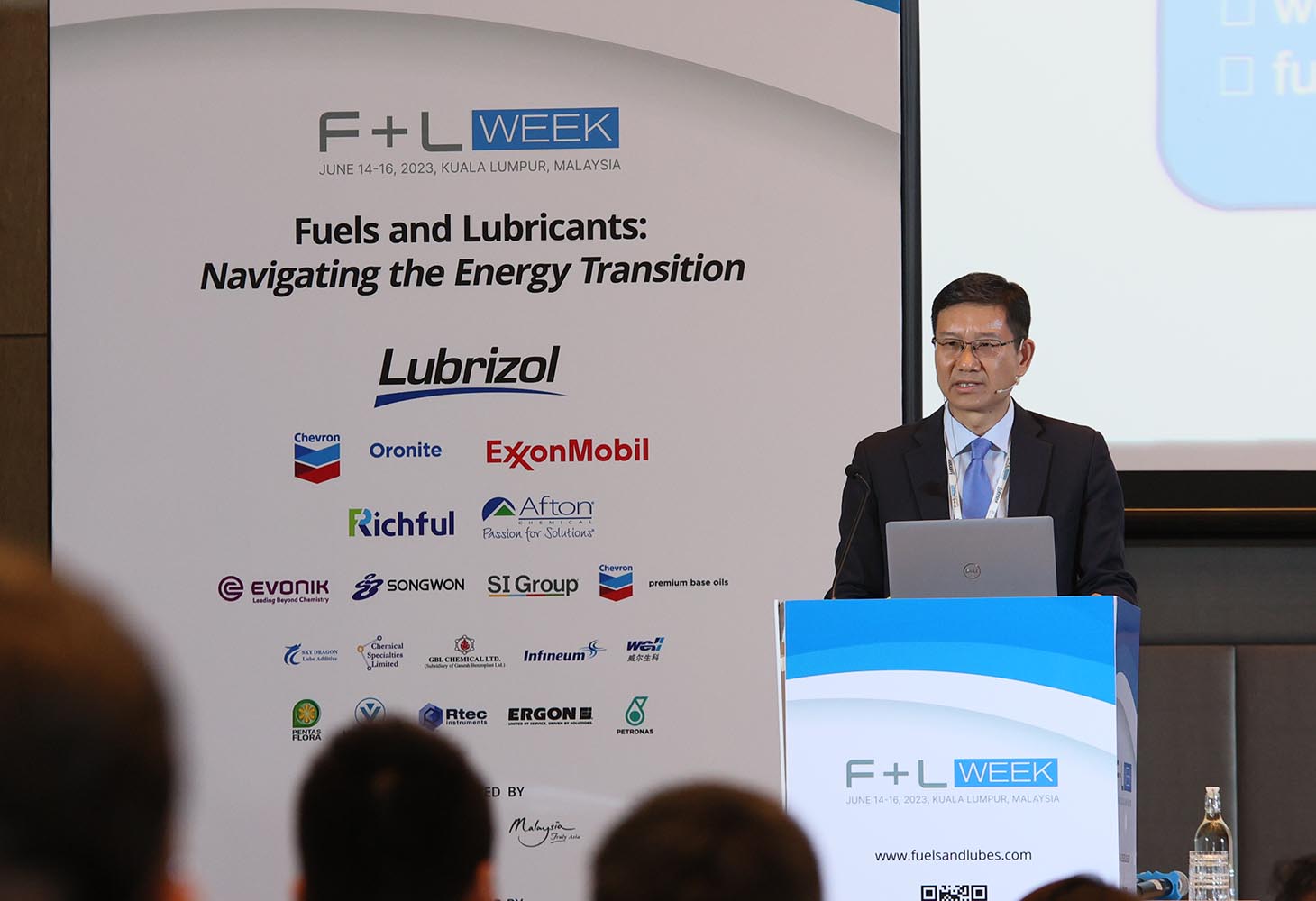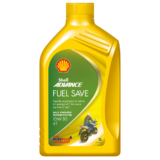
ILSAC GF-7 requirements achievable within accelerated schedule
Afton Chemical has played an active role in developing ILSAC GF-7 alongside the industry. First licensing for ILSAC GF-7, which will supersede the current GF-6 passenger car motor oil (PCMO) specification, was originally anticipated in 2028. In October 2022, Afton Chemical presented a proposal to the Automotive Oil Advisory Panel (AOAP) for a streamlined GF-7 process that would introduce GF-7 in 2025, that looks set to be adopted by the industry.
Speaking at F+L Week 2023 on ILSAC GF-7: Accelerating Performance and Value to the Market, Ke Jian Liang, Asia Pacific technology director at Afton Chemical, emphasised the importance of streamlining the new standard. Liang outlined the need to align GF-7 with aggressive U.S. Corporate Average Fuel Economy (CAFE) standards that require an 8-10% annual fuel economy improvement (FEI) in manufacturer years 2024-2026, and to provide important protections requested by OEMs.
Liang told attendees at Asia’s preeminent fuels and lubricants industry conference that the performance requirements for GF-7 are achievable, within the timeline. Afton Chemical recently committed to a technology demonstration to show they are both realistic and viable, he says. The results of the study were disclosed to attendees at the event.
The Afton Chemical representative also emphasised new challenges relating to PCMO for hybrid engines. Hybrid engines can increase the severity of operating conditions—which can negatively impact performance or destabilise the lubricant, he says. Challenges include cold commuting, where the engine never gets hot, and intense usage where a downsized engine is subject to high thermal loads. GF-7 provides an opportunity to focus on hybrid protection. Hybrid performance requirements could be added to GF-7, suggested Liang.
There are many new PCMO specifications in the pipeline such as ACEA 2023, IFC GEO-1/2, JASO GLV-2, IFC GEO-3, and more. Liang expressed the need for care to avoid significant divergence or duplication of efforts. Global coordination is important. We all benefit from eliminating inefficiency in the current industry process, he says.














